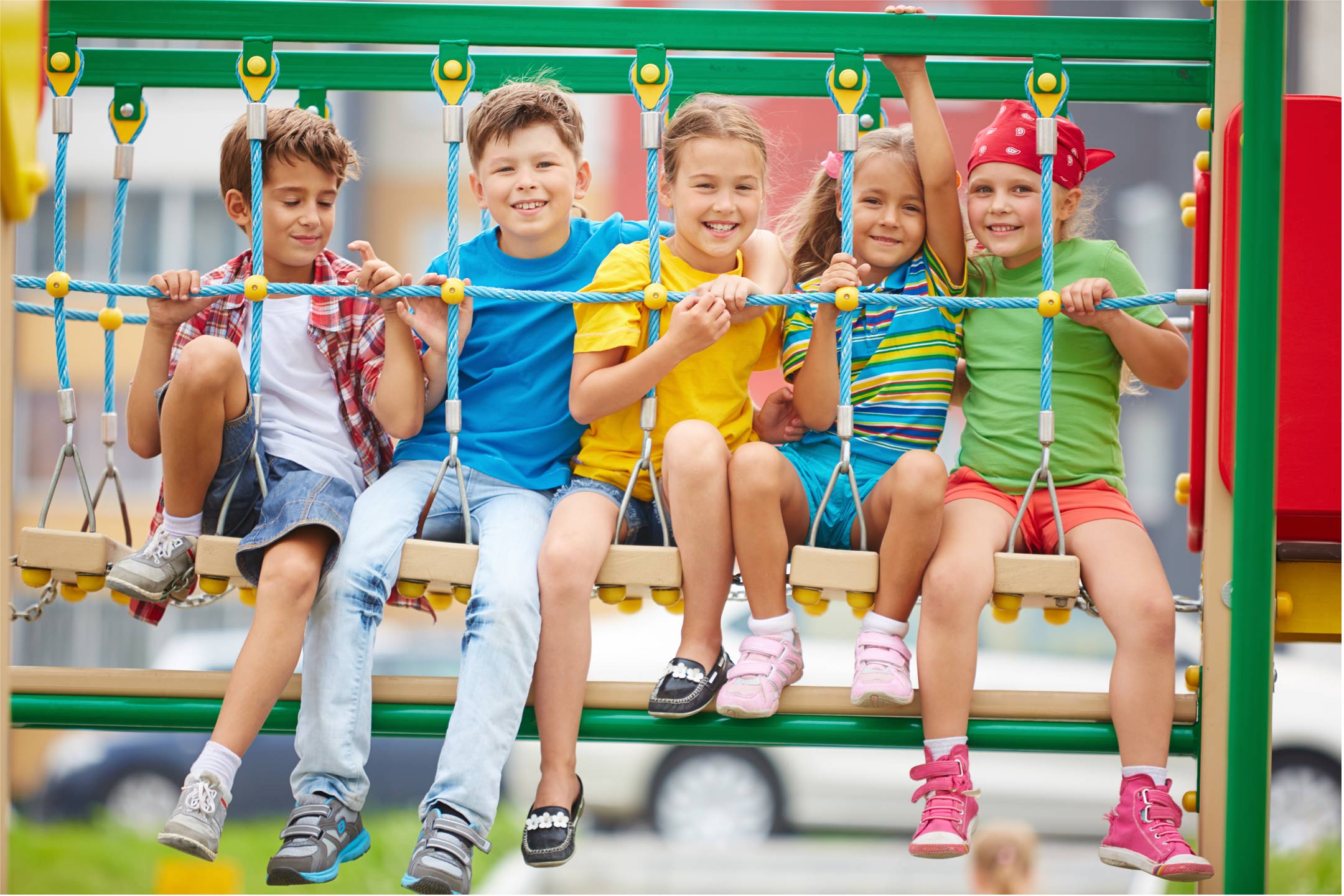
28 Oct What can we do to support our children in their friendships?
Dana Kerford, Canadian born teacher and founder of the URSTRONG friendship programs, shares her insights on friendships, with Natalie Richie
How are girls’ relationships different to boys’?
- Little conflicts may not faze boys. Girls, however, can turn the tiniest rift into a major issue by avoiding confrontation and seeking comfort in alliance-building.
- During conflict, boys are more likely to escalate; they get bigger and bigger, their face turns red, and they become visibly angry. Girls are more likely to shut down; some become speechless, shrinking in their seat, and getting smaller in voice and body language.
- Boys need less time to put out a Friendship Fire compared to girls. Girls say an average 20,000 words a day, while boys say only 7,000! Some girls spend a very, very long time in the critical ‘Talk it Out’ phase. Boys can talk it out in just a few minutes, sometimes while kicking a ball around.
- Boys are more likely to only form friendships with other boys close to them on the sensitivity spectrum from ‘arty’ to ‘sporty’.
In our program development, there were some shocking admissions:
- I asked the boys to raise their hand if they’d ever been told, “Suck it up. Be a man!” – almost all of them did.
- I asked the boys, “Is it okay for boys to cry?” – about half shouted, “No!”
- I asked if the advice from an adult about resolving a Friendship Fire was to push and punch – about 75 percent said yes.
What tools can parents use to help their children?
Kids don’t naturally know the difference between healthy and unhealthy friendships, so we use a visual tool called the Friend-o-meter (above). We compare a friendship to food. “How does healthy food make us feel?” Kids give amazing answers like, “It gives us energy!” Healthy friendships are the same. Unhealthy friendships give us a stomach-ache. We tell kids to spend the most time with friends that make them feel good.
What can we do as parents to support our children in their friendships?
- Avoid telling girls to, “Just ignore her!” (avoid conflict) and saying, “She’s just jealous!” (insult the other girl).
- Avoid telling boys to, “Suck it up!” (avoid conflict) and, “Be a man!” (emasculate emotions).
- Children don’t want their parents to call the other kid’s parents. Encourage your child from the sidelines. Don’t ride that rollercoaster with them, and for the love of pizza, don’t say anything inappropriate about the other child.
- When girls see their mums whispering or gossiping with their friends, they think that’s what girls/women do. When boys see their dads emotionally unavailable or physically aggressive, they follow suit.
- Teach your child to give a genuine apology. When children don’t learn how to ‘make it right’, they can resort to inappropriate behaviours like running away or getting angry.







